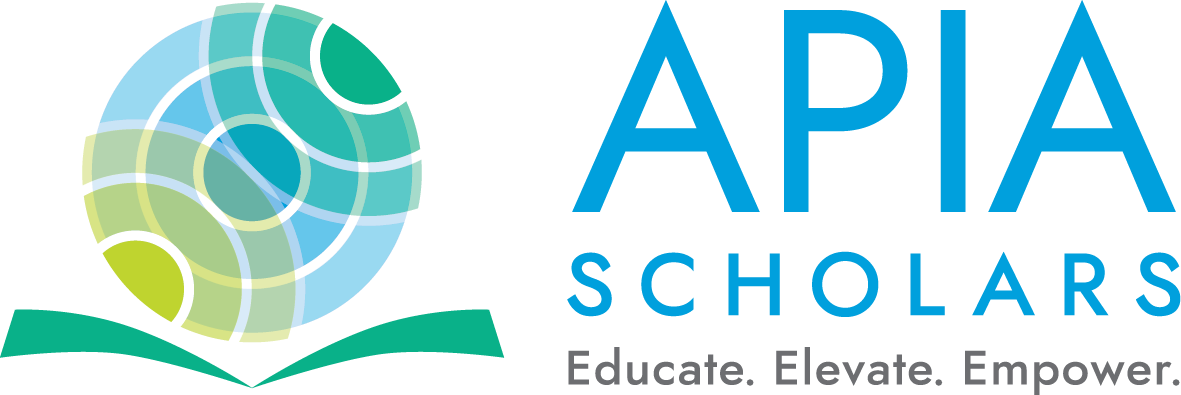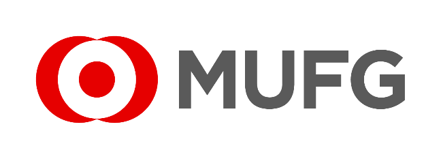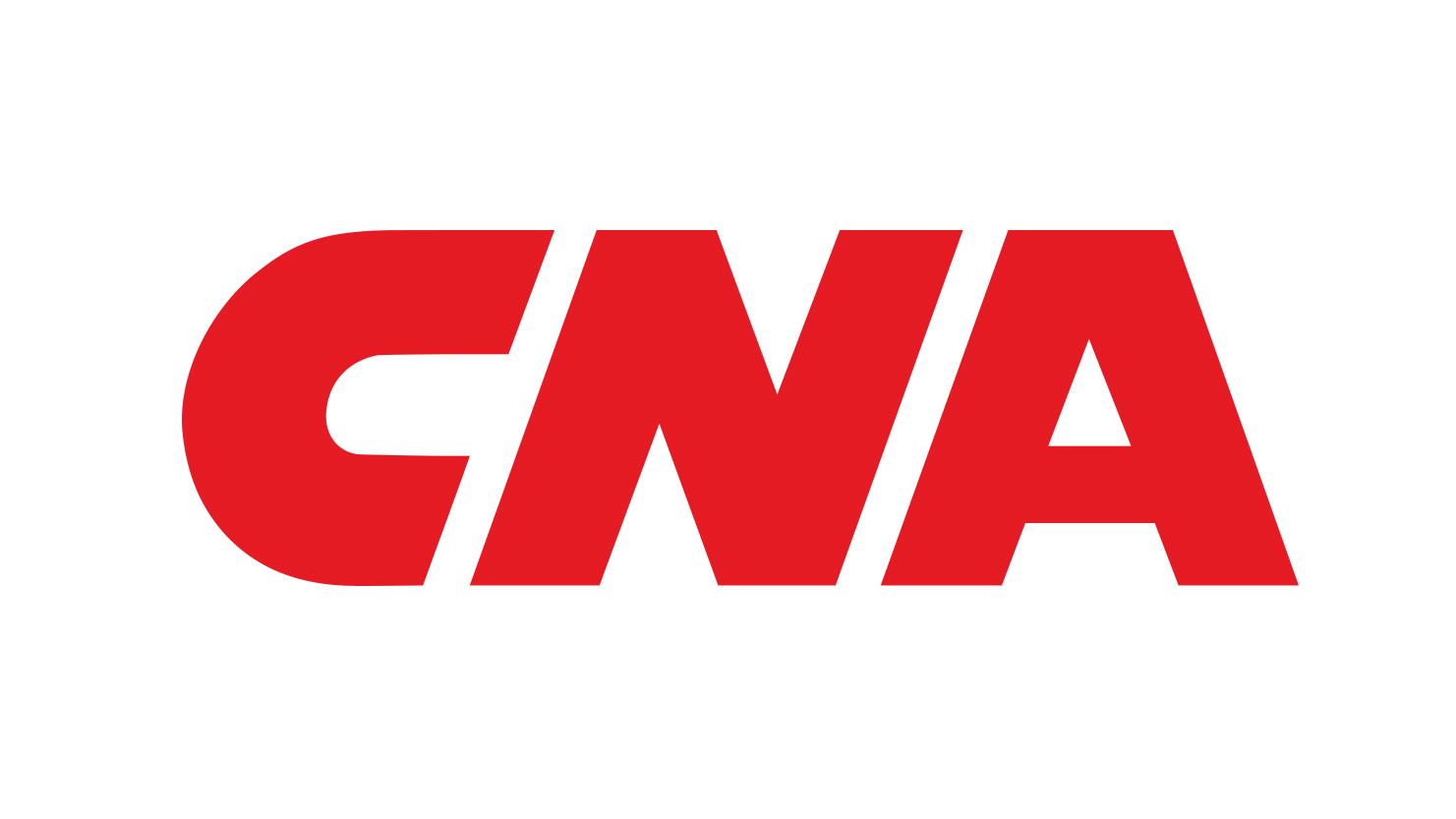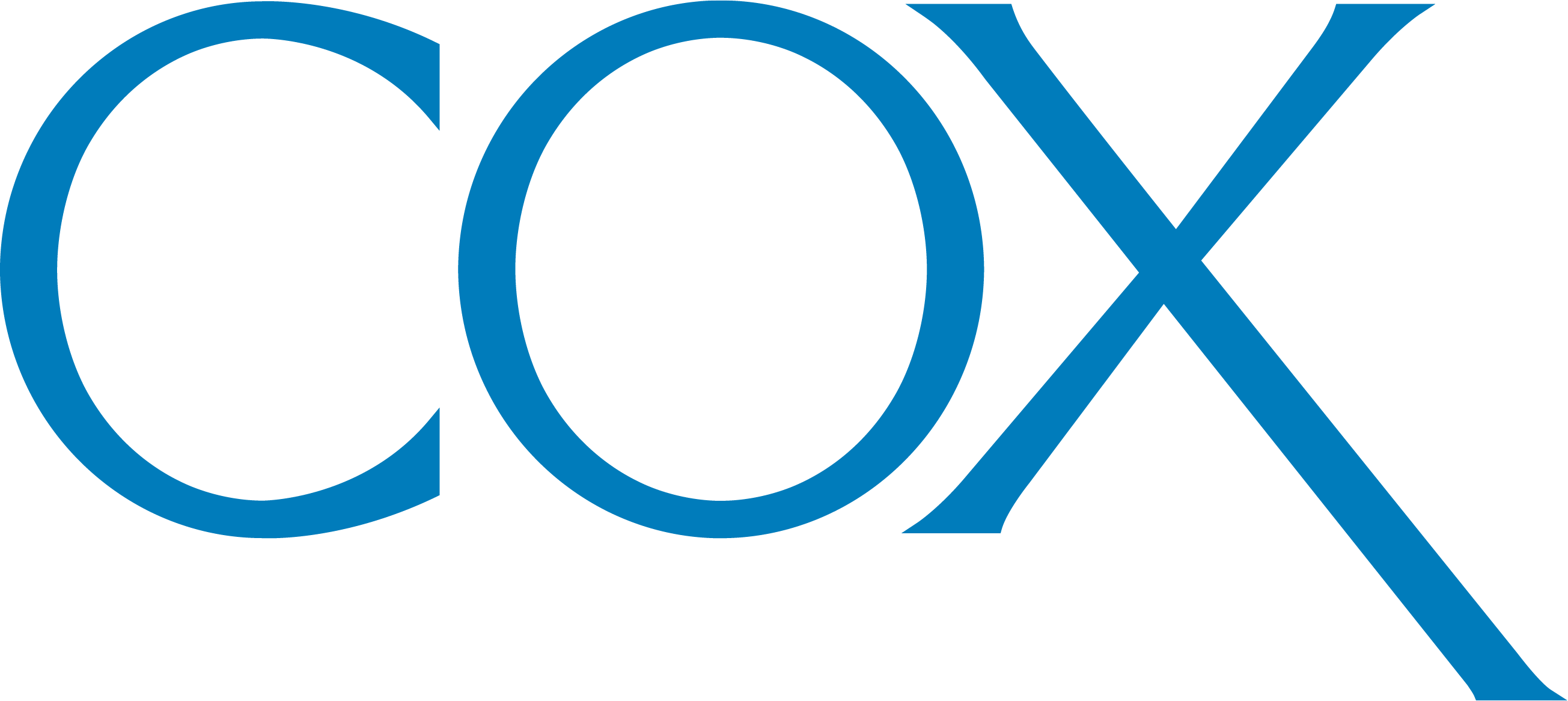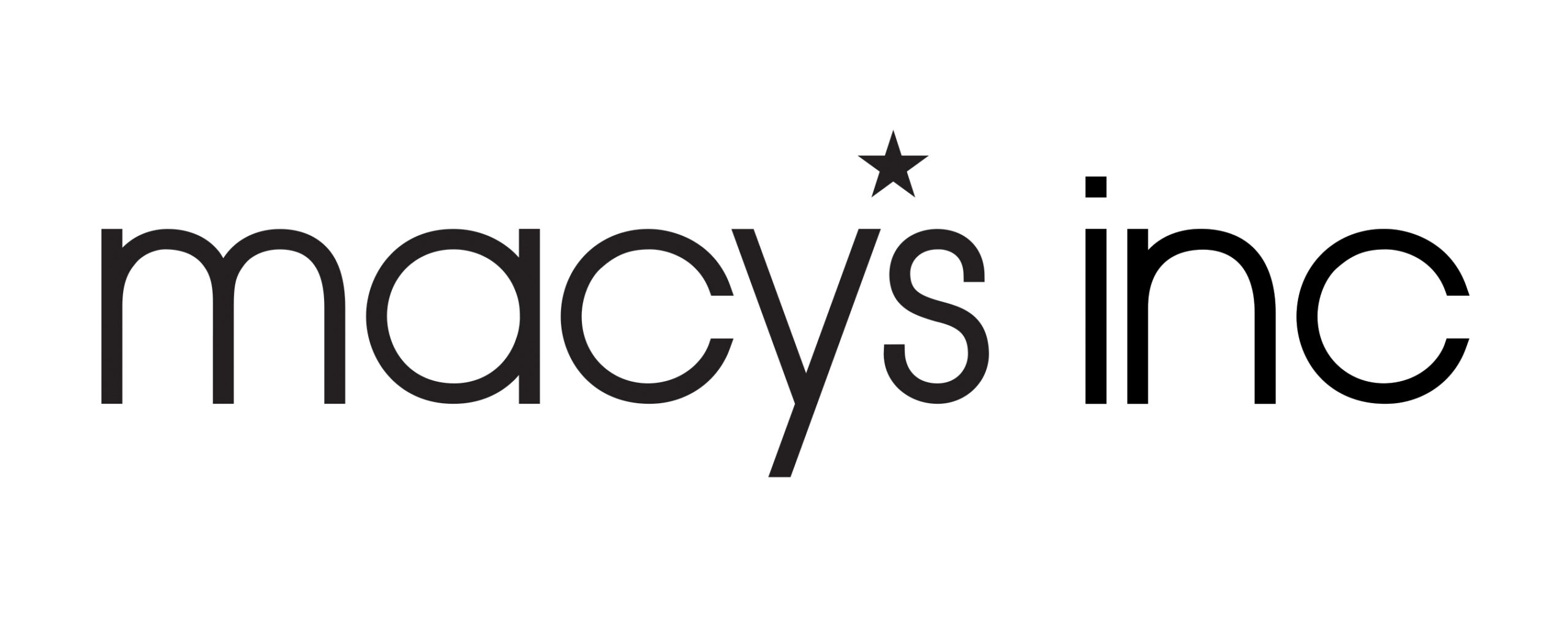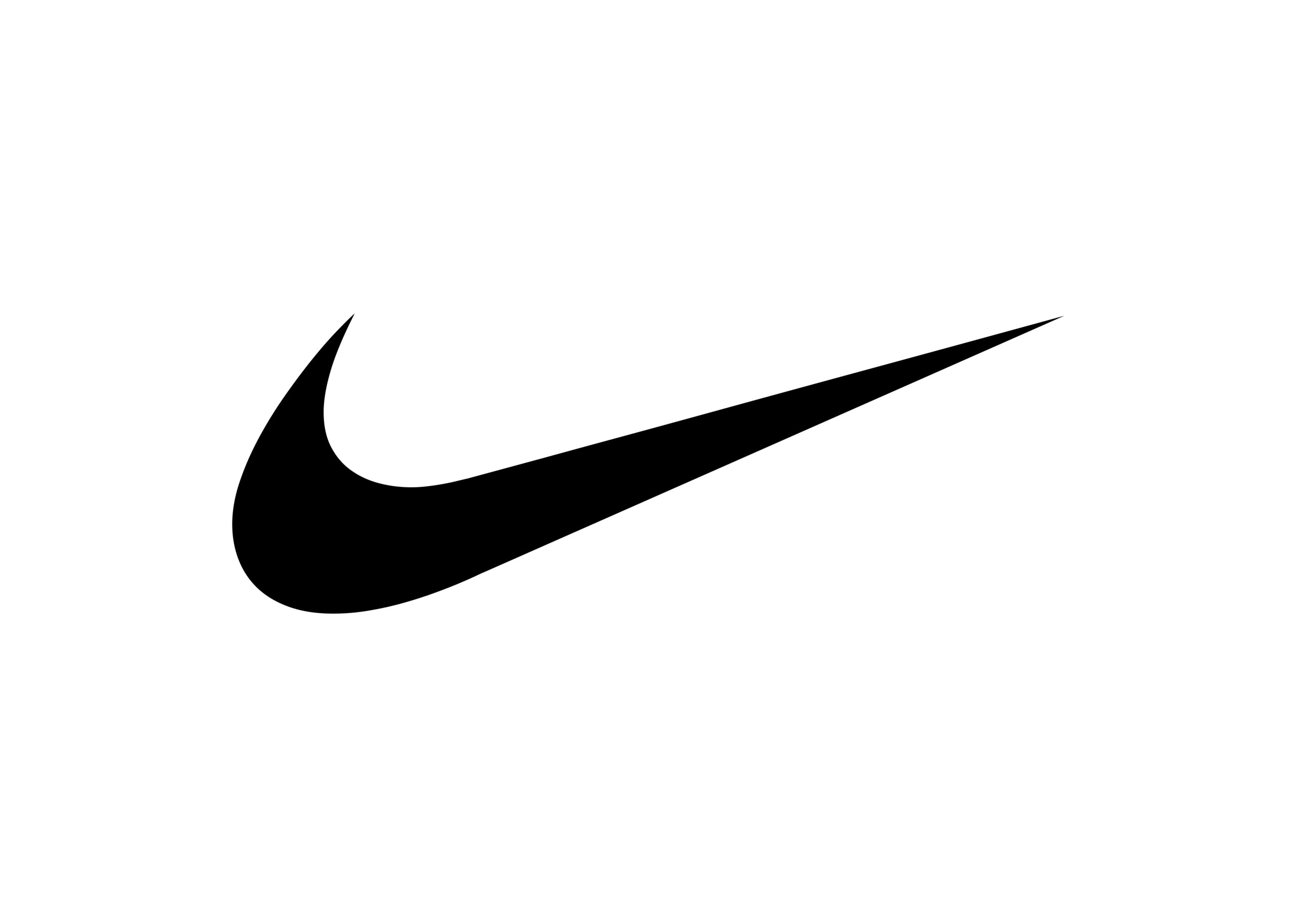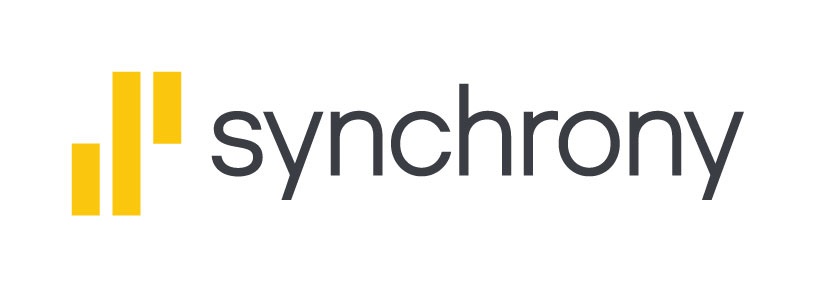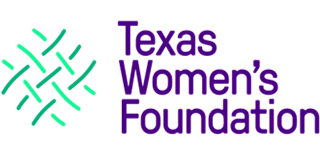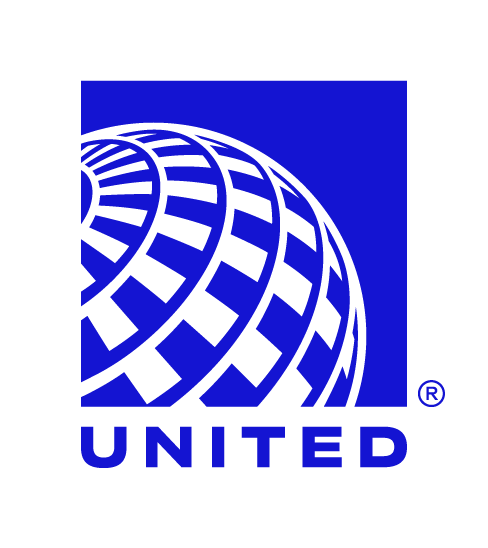Something Wonderful is Happening.
Now stop and think: What more can we do?
Something wonderful is happening. As a global community, we are paying attention to disparity, to unconscious bias, to the need for education to thrust economic mobility. Our senses are heightened to these issues, our willingness to listen to other perspectives is ripe, and our motivation to make a difference feels like a rising tide. So I ask you to stop and think before you act because we still have more to learn.
Stereotypes are rampant. As individuals, we fall across a spectrum of readiness to tolerate: how ready are we to listen, how willing are we to change, and how adaptable are we to destroy biases, especially those considered “unconscious bias”. Unconscious biases are learned stereotypes that due to the way they are introduced and ingrained into our lives become automatic and in many cases cause unintended pain or disadvantage to others. But if we don’t know we are hurting others, how can we reverse the behavior?
I would like to propose one simple answer: Don’t assume. Always ask. Re-learn everyday.
If you look at me, you might think I am massively successful.
- I am an Asian American.
- I have a Ph.D.
- I am a wife and mother.
- I am the CEO of a non-profit and could be considered an authority on a variety of topics.
Would you ask me if I needed any help?
You may assume that I have it all. That everything is perfect. That my life is gift-wrapped into a neat little bow. But could that really be that case? Can you think of any family member or close friend whose life is “gift-wrapped into a neat little bow”? In today’s environment, probably not. And you know this because you have authentic relationships with these people. Relationships that bypass assumptions and stereotypes. You got to these relationships by asking questions and truly committing yourself to understanding someone else.
Today, I come to you as an Asian American, as the leader of a nonprofit devoted to the education and upward mobility of Asian Pacific Islander American people (APIA), to ask you to get to know us.
Asian Pacific Islander Americans originate from East Asia, Southeast Asia, Indian subcontinent, U.S. Hawaii, U.S.Territories, and islands throughout the Pacific and they are predicted to be the largest immigrant group (38% by 2055) in the United States. APIAs include more than 40 different cultures, over 300 different languages, numerous religions, and is inclusive of refugees and immigrants from five-generation of Americans. With such a vast group, would it be appropriate to assume all of us are wildly successful, rich, and excel at math? No.
However, due to broad stereotypes of the Asian American community, the entire population is frequently homogenized and overlooked when it comes to the distribution of grants and philanthropic efforts to promote education, science, and overall well-being.
“Many scientific grantmaking agencies do not consider Asian Americans an at-risk group”, says psychologist Vivian Tseng, PhD, the senior vice president of grantmaking programs at the William T. Grant Foundation.
As this global community of all races, cultures, colors, and religions, continues to find a way to live harmoniously, I would like to ask you to learn about us. I invite you into the Asian American community to learn about us as individuals, as shades of each other, and as communities that span across the globe. I ask you to be aware of stereotypes and to ask questions before making decisions based on assumptions.
Each and every Asian American is unique and we all have stories, we all have questions, and we all need support — just like you.
If you asked me questions, I would tell you about who I really am.
- I, Noel Harmon, was raised by a single parent for part of my childhood.
- I grew up in a household with depression and alcoholism.
- I have been divorced.
- I am now the mother of a bi-racial child.
- And, I, like you, need help everyday.
These are not unique experiences of APIAs, but they do break stereotypes many hold of the “model minority”.
We are not a monolith, and our communities have tremendous need. As the global community and our community in the U.S. begins to unpack and acknowledge long held structural and institutional disparities, as we begin to confront unconscious bias, and as our senses are heightened to all these issues, I hope this will continue to bring a willingness to listen and acknowledge the experiences of others.
We still have more to learn.
So learn about us. We want to share.
Something wonderful is happening. Now stop and think about what more you can do.
Noel Harmon
August 7, 2020
